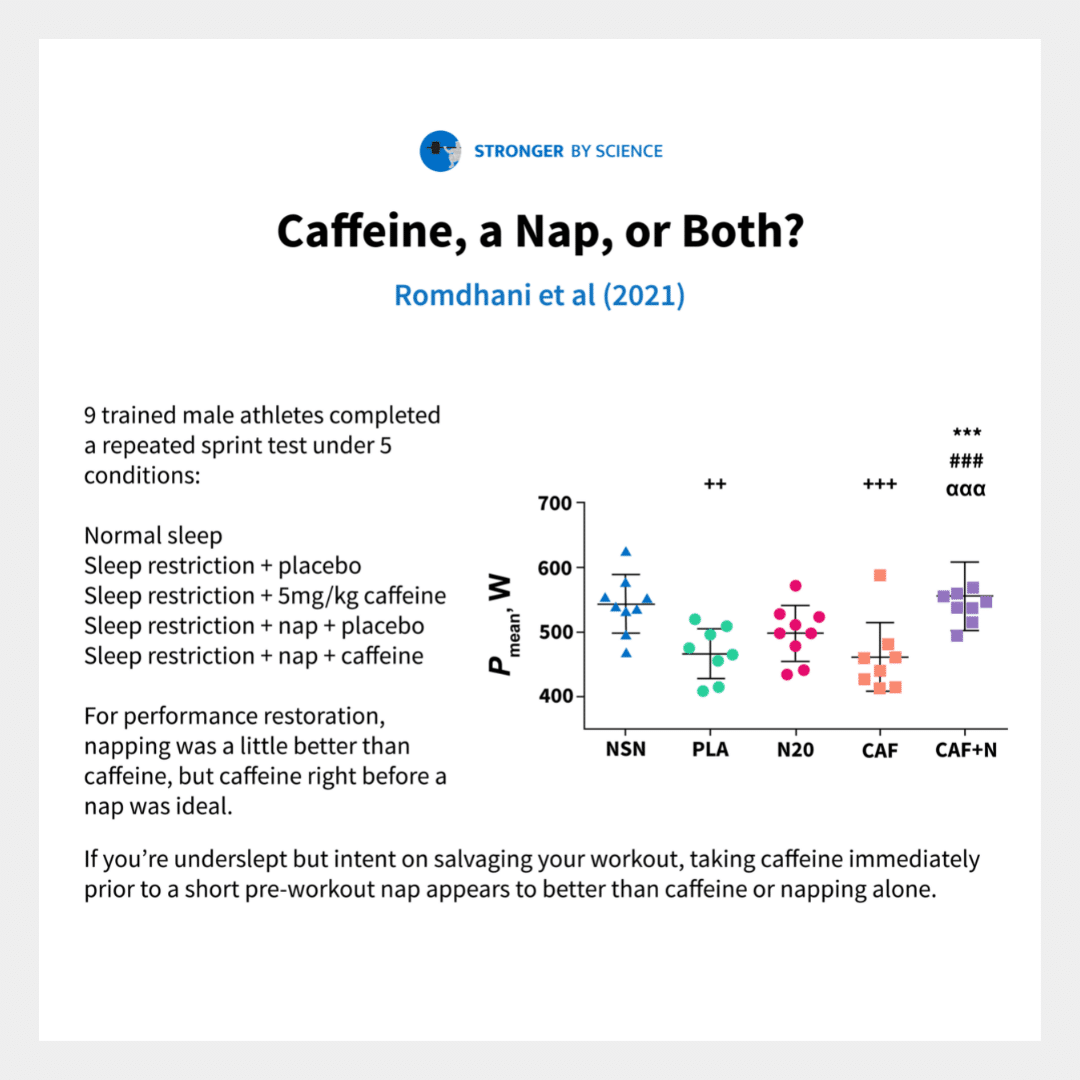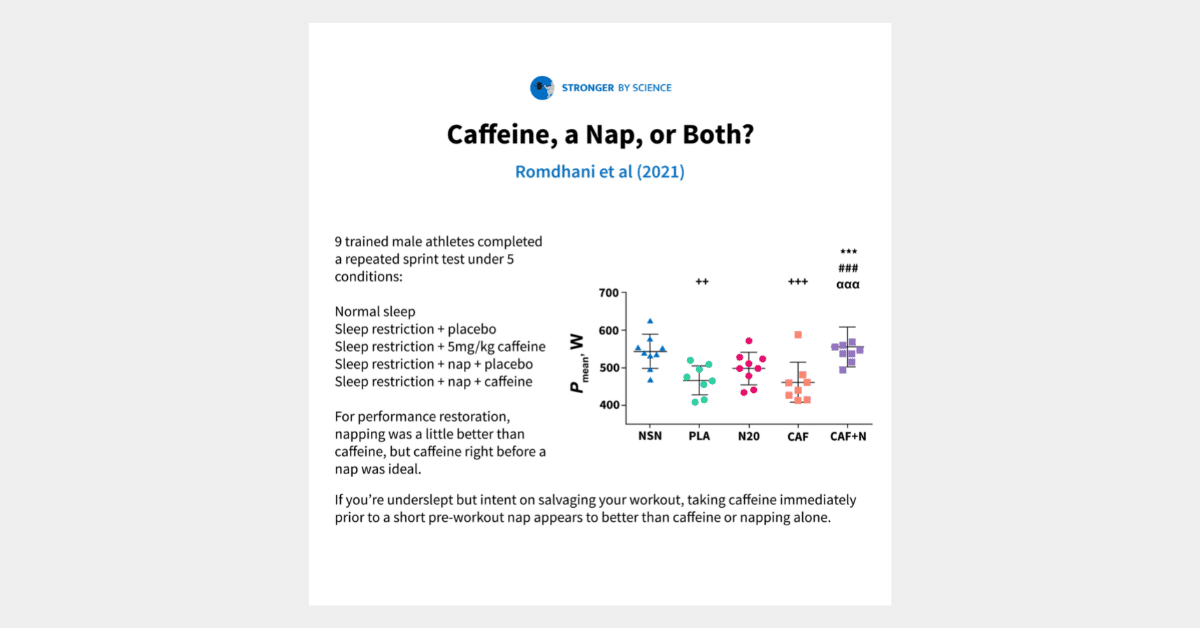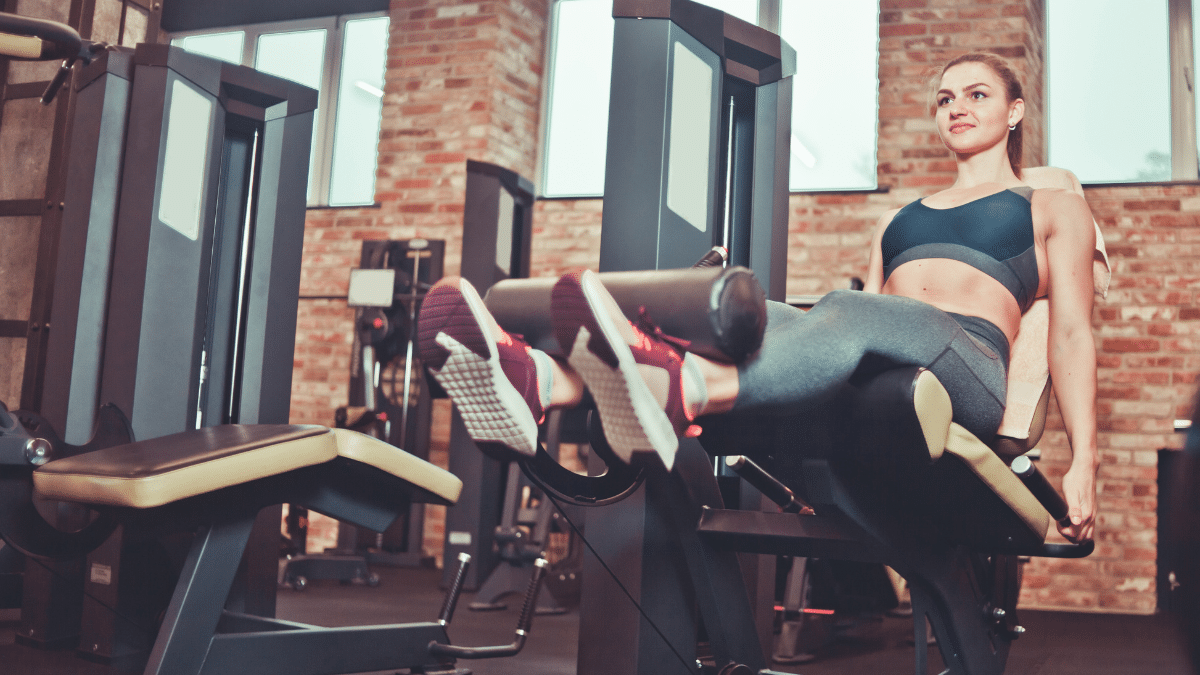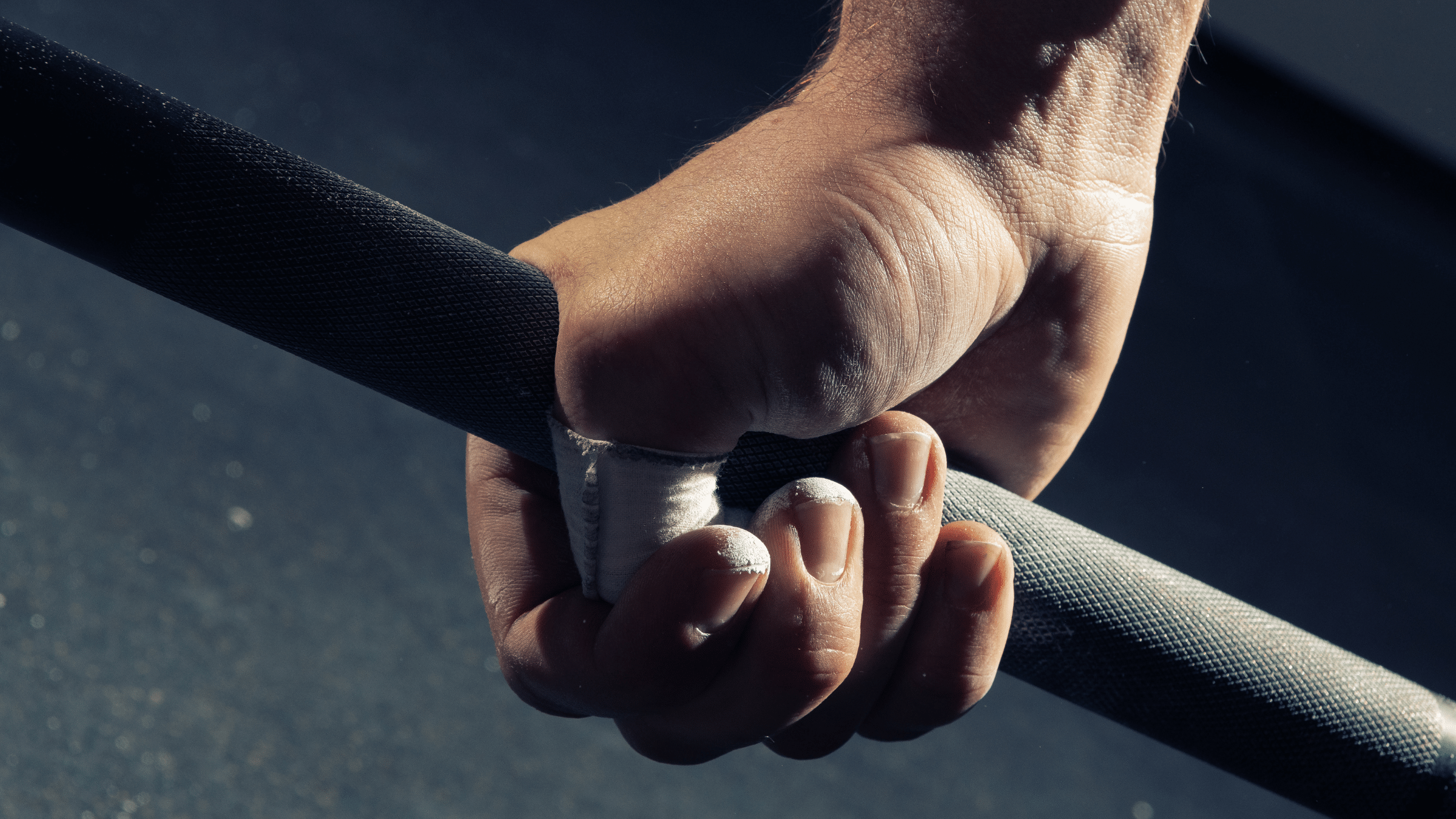Getting plenty of high-quality sleep is always the best case scenario, but sometimes life gets in the way.
There are innumerable factors that can disrupt sleep in everyday life, so finding strategies to effectively train through sleep disruption can be extremely valuable. There’s plenty of research indicating that caffeine can enhance performance and increase wakefulness in the presence of sleep restriction, but there’s also some evidence indicating that napping can be a helpful strategy as well.
This study sought to determine which strategy was most effective: caffeine, naps, or both. 9 trained male athletes completed a repeated sprint test under 5 conditions: Normal sleep, Sleep restriction + placebo, Sleep restriction + 5mg/kg caffeine, Sleep restriction + nap + placebo, or Sleep restriction + nap + caffeine.
Sleep was restricted by limiting participants to 4.5 hours in bed the night before testing (rather than 8.5 hours for the normal sleep condition), and nap opportunities were 20 minutes in duration.
While previous research would indicate that caffeine can be helpful in sleep-restricted conditions, naps outperformed caffeine in this study, and the combination of 5mg/kg caffeine consumed immediately before a 20-min pre-exercise nap was the most effective approach.

Obviously a quick caffeine dose is more convenient and time-efficient than fitting a nap into your day, but a quick pre-workout nap (or, even better, a caffeine dose with a nap) is a great strategy (when possible) for rescuing performance from impairments related to sleep restriction.




